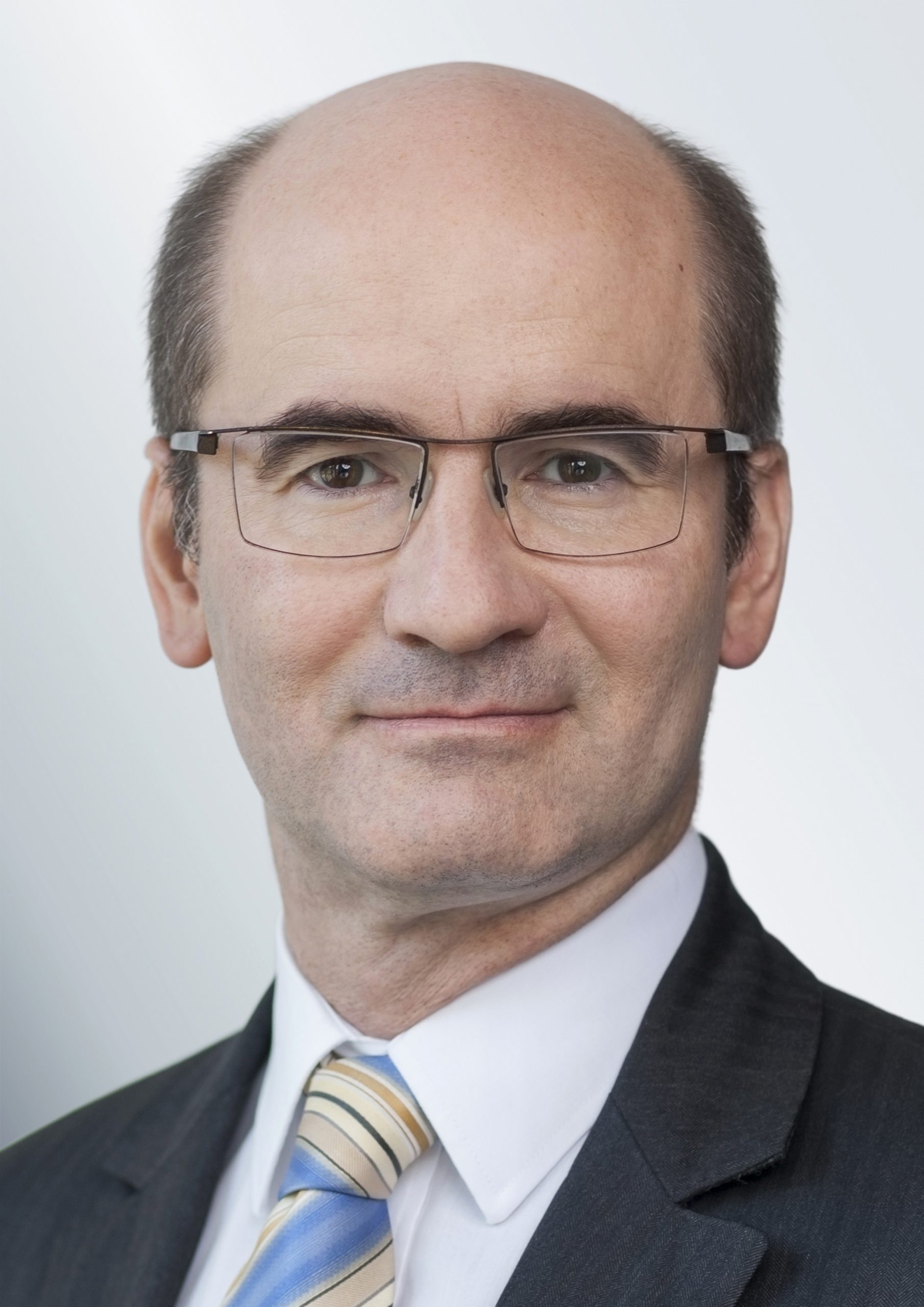Los inversores asignan cada vez más bonos que financian proyectos respetuosos con el medioambiente, pero, tal y como advierte DWS en un artículo, este sector que está creciendo de manera tan rápida tiene sus propias ovejas negras.
Granjas eólicas, plantas solares y electromovilidad: este tipo de proyectos pueden ser financiados con las ganancias de los bonos “verdes”. Solo en Alemania, durante la primera mitad del 2019, entraron al mercado 5.200 millones de euros a través de estos activos, lo que significa que “existe una buena posibilidad de que hacia mitad del año se superen los 6.600 millones de euros”, señala la entidad.
Mientras, el Gobierno alemán está incluso examinando la posibilidad de un bono verde federal que financie proyectos sostenibles, lo que daría un impulso adicional a los valores de este sector emergente. Según DWS, un gran número de instituciones públicas y supranacionales, así como bancos comerciales y de desarrollo, actúan como emisores de bonos verdes.
Del mismo modo, las empresas pueden obtener financiación utilizando esta clase de activo incipiente para hacer que sus oficinas sean más eficientes energéticamente, por ejemplo, o para cambiar su suministro eléctrico, en parte o en su totalidad, por fuentes de energía renovable. “Lo que es crucial es que el proyecto que se financia cumpla con los requisitos verdes”, asegura Christof Breuer, gestor de DWS.
Un análisis crítico para filtrar las ovejas negras
Pero este boom también tiene un lado oscuro, señala Breuer. “El término ‘bono verde’ no está protegido legalmente. Esto significa que cualquiera que desee hacer un lavado verde (‘greenwash’) de su bono, en teoría, puede hacerlo”. Por eso es importante que los inversores eliminen las ovejas negras a través de un análisis crítico.
“Cumplir los Principios de los Bonos Verdes (GBP, por sus siglas en inglés) es parte de nuestro análisis”, dice Breuer al hacer referencia a estas directrices voluntarias publicadas por la Asociación Internacional de Mercados de Capitales para promover la transparencia, la divulgación y la información en el mercado de bonos verdes. “Cualquier emisor que no esté preparado para aportar informes detallados de sus proyectos no cumple con nuestros estándares”, explica.
La Unión Europea también está introduciendo un estándar de bonos verdes que, en esencia, busca definir las categorías de los proyectos admisibles, así como los requisitos mínimos de información y transparencia. Aquellos que inviertan en línea con los criterios ASG deben tener varios factores en cuenta a la hora de elegir las inversiones adecuadas.
Breuer y su equipo examinan a los emisores de bonos y el objetivo de sus proyectos. “En última instancia, nuestras inversiones apoyan indirectamente a los emisores, y no solo los proyectos verdes. Aquellos que ignoran el Pacto Mundial de las Naciones Unidas, por ejemplo, violando los derechos humanos, son inmediatamente excluidos a través de nuestro análisis, sin importar cómo de respetuosos son con el medioambiente”. En esa línea, revela que lo mismo podría aplicarse a los fabricantes de armas controvertidas, como minas antipersonas, bombas de racimo o las municiones de uranio empobrecido.
DWS asegura que su proceso de selección de bonos verdes se basa en su locomotora ASG, que permite que los emisores de valores sean evaluados mediante numerosos criterios ambientales, sociales y de gobernanza. Esta herramienta se basa en agencias líderes en ASG y evalúa cada bono verde en una escala de la A a la F.
Para Breuer, estas estrictas categorías de filtración siguen dejando numerosas oportunidades de inversión. “Puede que el mercado se encuentre en sus inicios, pero está creciendo a un ritmo vertiginoso”, asegura. Además, el rango de proyectos verdes verificables que son adecuados para la inversión en bonos también está ampliándose.
Note:
DWS developed an ESG engine, which is our proprietary software that aggregates data from multiple third-party commercial providers of ESG data, as well as data from several non-governmental organizations, to arrive at various ESG solutions (e.g., assignments of ratings to investment positions and sovereigns). The ESG engine is operated by DWS International GmbH, a German affiliate of DIMA, a U.S. registered investment adviser. DIMA’s portfolio managers have access to ESG solutions produced by such German affiliate and may use such ESG solutions in managing client accounts. Please see Part II of the adviser’s Form ADV for additional information regarding ESG issues.
For institutional use and registered representative use only. Not for public viewing or distribution.
Important risk information
Stocks may decline in value. Investing in foreign securities presents certain risks, such as currency fluctuations, political and economic changes, and market risks. Emerging markets tend to be more volatile and less liquid than the markets of more mature economies, and generally have less diverse and less mature economic structures and less stable political systems than those of developed countries. Investing in derivatives entails special risks relating to liquidity, leverage and credit that may reduce returns and/or increase volatility. Bond investments are subject to interest-rate, credit, liquidity and market risks to varying degrees. When interest rates rise, bond prices generally fall. Credit risk refers to the ability of an issuer to make timely payments of principal and interest. The fund invests in commodity-linked derivatives which may subject the fund to special risks. Market price movements or regulatory and economic changes will have a significant impact on the fund’s performance. There are special risks associated with an investment in real estate, including REITS. These risks include credit risk, interest rate fluctuations and the impact of varied economic conditions. Companies in the infrastructure, transportation, energy and utility industries may be affected by a variety of factors, including, but not limited to, high interest costs, energy prices, high degrees of leverage, environmental and other government regulations, the level of government spending on infrastructure projects, intense competition and other factors. Any fund that focuses in a particular segment of the market or region of the world will generally be more volatile than a fund that invests more broadly. See the prospectus for details.
The brand DWS represents DWS Group GmbH & Co. KGaA and any of its subsidiaries such as DWS Distributors, Inc. which offers investment products or Deutsche Investment Management Americas Inc. and RREEF America L.L.C. which offer advisory services.
Certain DWS investment products and services may not be available in every region or country for legal or other reasons, and information about these products or services is not directed to those investors residing or located in any such region or country.
The material was prepared without regard to the specific objectives, financial situation or needs of any particular person who may receive it. It is intended for informational purposes only and it is not intended that it be relied on to make any investment decision. It is for professional investors only. It does not constitute investment advice or a recommendation or an offer or solicitation and is not the basis for any contract to purchase or sell any security or other instrument, or for DWS and its affiliates to enter into or arrange any type of transaction as a consequence of any information contained herein.
Investments are subject to various risks, including market fluctuations, regulatory change, possible delays in repayment and loss of income and principal invested. The value of investments can fall as well as rise and may not recover the amount originally invested at any point in time. Furthermore, substantial fluctuations of the value of the investment are possible even over short periods of time.
DWS and its affiliates do not provide accounting, tax or legal advice and investors should consult their own advisors with respect to their particular circumstances.
For investors in Peru / Argentina / Chile: “Without limitation, this document does not constitute an offer, an invitation to offer or a recommendation to enter into any transaction neither does it constitute the offer of securities or funds. The offer of any services and/or securities or funds will be subject to appropriate local legislation and regulation.”
Additional disclaimer for Chile: The information contained in this document is not intended to be an offer of securities. This information is subject to General Rule No. 336 of the Superintendencia de Valores y Seguros de Chile (“SVS”). The units issued under this fund are not registered with the SVS. The issuer is not required to provide information in Chile on the units issued under the fund. The units may not be publicly offered unless they are properly registered with the SVS.
Additional disclaimer for Peru: The Products may not be offered or sold to the public in Peru. Accordingly, the Products have not been nor will they be registered with the Peruvian Superintendence of Capital Markets – Public Registry of the Capital Markets- nor have they been submitted to the foregoing agency for approval. Documents relating to the Products, as well as the information contained therein, may not be supplied to the public in Peru.
For investors in Mexico: The funds have not been and will not be registered with the National Registry of Securities, maintained by the Mexican National Banking Commission and, as a result, may not be offered or sold publicly in Mexico. The fund and any underwriter or purchaser may offer and sell the funds in Mexico, to institutional and Accredited Investors, on a private placement basis, pursuant to Article 8 of the Mexican Securities Market Law.
Without limitation, this document does not constitute an offer, an invitation to offer or a recommendation to enter into any transaction neither does it constitute the offer of securities or funds. The offer of any services and/or securities or funds will be subject to appropriate local legislation and regulation.
For investors in Panama: These securities have not been listed with the Superintendence of the Securities Market and neither has any offering, sale or transaction with them. The listing exemption has been made based on Article 83 (3) of Decree Law No. 1 of July 8, 1999 (Institutional Investors). Consequently the tax treatment established under Articles 269 to 271 of Law Decree 1, dated 8 July 1999, does not apply. These securities do not fall under the supervision of the Superintendence of the Securities Market.
For investors in Uruguay: The sale of the [Products] qualifies as a private placement pursuant to section 2 of Uruguayan law 18,627. The [Products] must not be offered or sold to the public in Uruguay, except in circumstances which do not constitute a public offering or distribution under Uruguayan laws and regulations. The [Products] are not and will not be registered with the Financial Services Superintendency of the Central Bank of Uruguay.
© 2019 DWS Group GmbH & Co. KGaA. All rights reserved. I-071224-



